In 1976, Enver Hoxha declared Albania an atheist state. Not even dared by the Soviet Union, it was an unprecedented move at the time. To this day, the small Balkan country remains the first as well as the last to ever do so.
What followed was a brutal crusade.
Inspired by Mao’s Cultural Revolution, the Cultural and Ideological Revolution, aimed at cleansing Albania of her rich religious past, was fought without remorse. More than 2150 places of worship were seized and either rededicated (as theatres, cinemas, and sport halls) or entirely destroyed. Only a few, being declared cultural heritage a few years prior, survived this vandalism.
Religious practice of any kind was condemned and prohibited by the government. Anti-clerical policies were put in place to punish anyone the authorities deemed a “traitor to the country”. Clergymen were thus denounced fascist collaborators and faced sudden persecution seemingly overnight.
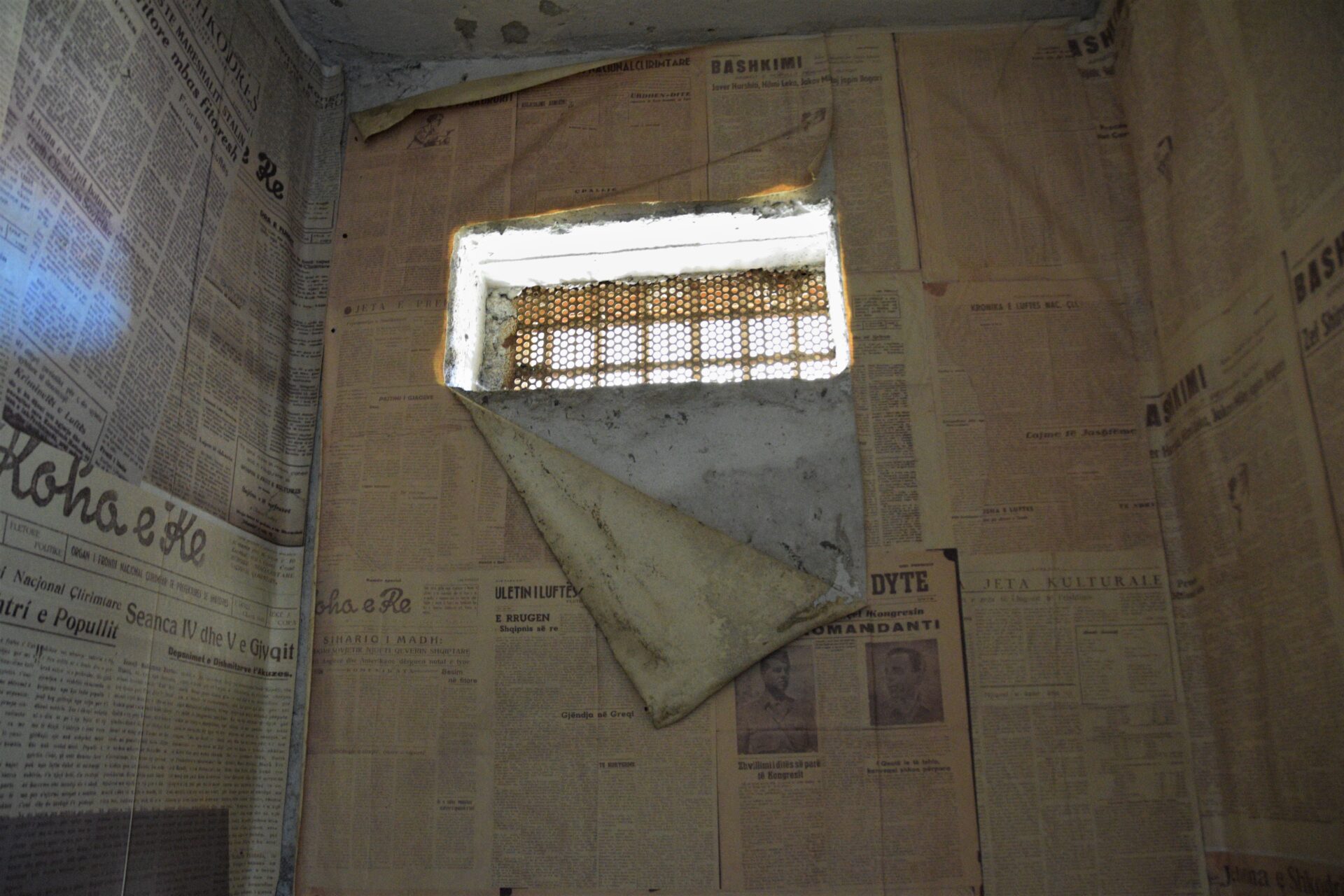
In Hoxha’s vision there was no place for religion. Albania was destined to transform into a godless society and Communism ought to be her sole belief. Those who objected, or merely posed a threat, were to be eradicated.
Subjected to public resentment, forced labour, abuse, and torture, many wasted away their final days in the obscurity of tiny cells, before reciting their last prayer towards the looming barrel of a gun.
To this day, the exact number of those who perished during these horrid years remains unknown.
Albania’s northernmost city, Shkodra, counted 23 of these torture chambers alone.
One has now been converted into the Site of Witness and Memory, in an effort to commemorate the victims of this senseless purge, and stand as a silent witness for future generations not to repeat the mistakes of the past.
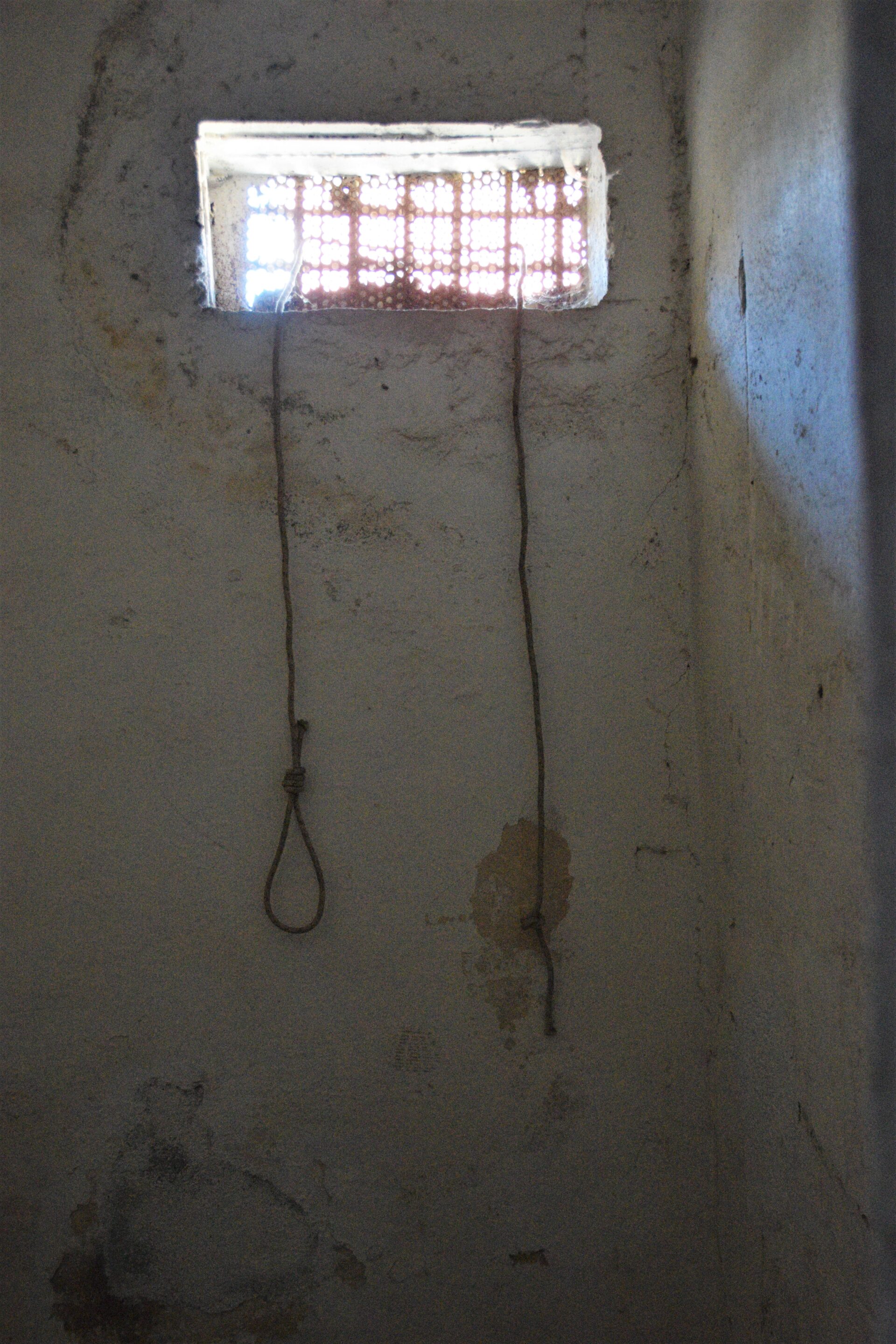
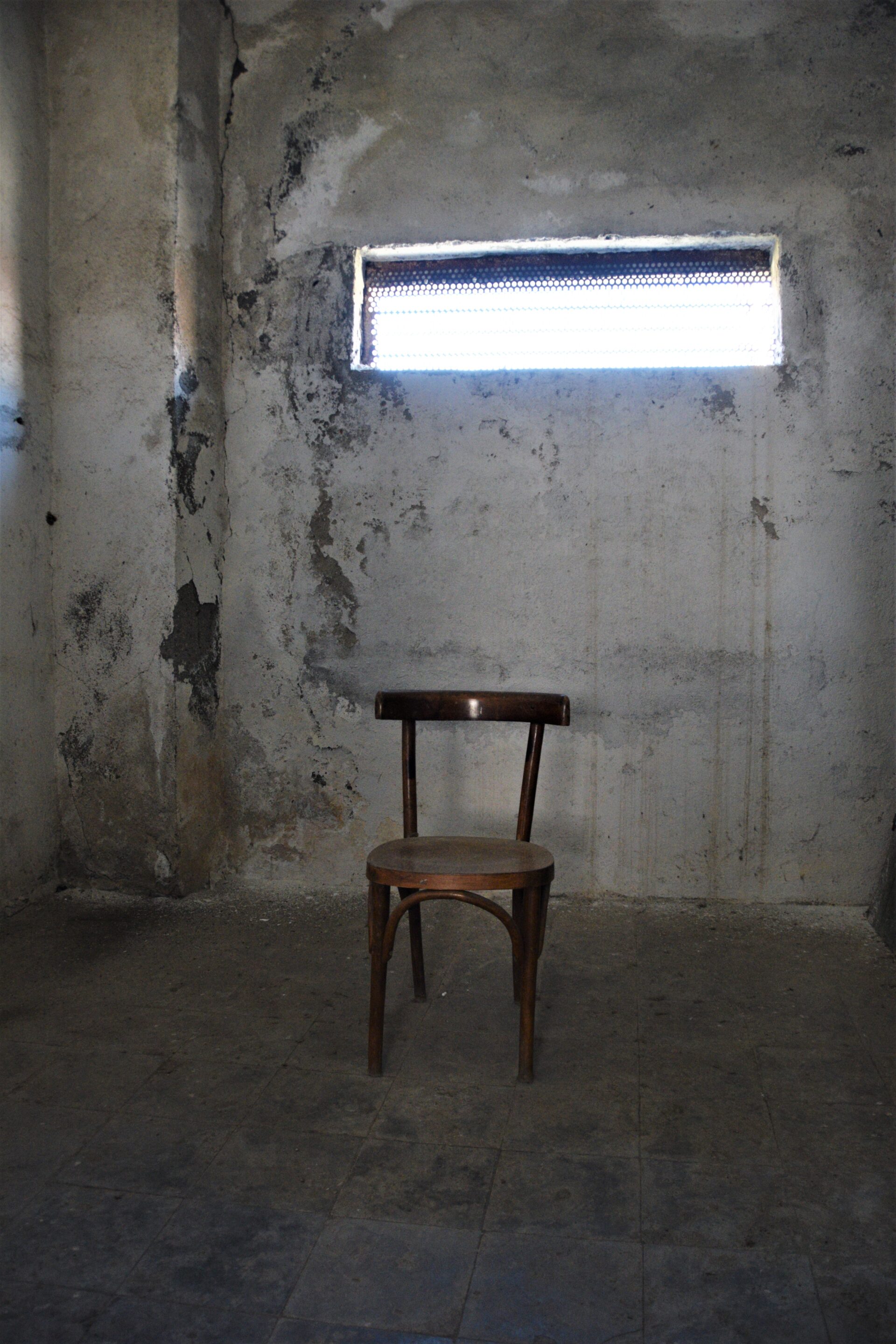
As you enter the museum, hundreds of faces tell the tragic tale of a madman’s fantasy forced into reality in the most cruel of fashions. The exposition continues with very detailed accounts on the persecution, as well as the tireless efforts conducted by Enver Hoxha’s government to transform Albania into an atheist utopia.
Before long, you arrive at the cells. While most of them rest empty, isolated beams of light reveal traces of the past: Wooden crosses, marks scratched into the plaster, communist propaganda, a noose.
However, despite the grim relic, this former Franciscan-run gymnasium was not a place people died in. It was a place to break them. If they weren’t sentenced to death or sent straight to one of the labour camps, the solitude of the “biruca” (=”holes”, as the cells where called) remained their only solace.
As you creep through the eerie silence, the harrowing screams of those hapless souls still seem to echo through these daunting corridors.
A torturously haunting museum experience that should not be missed.
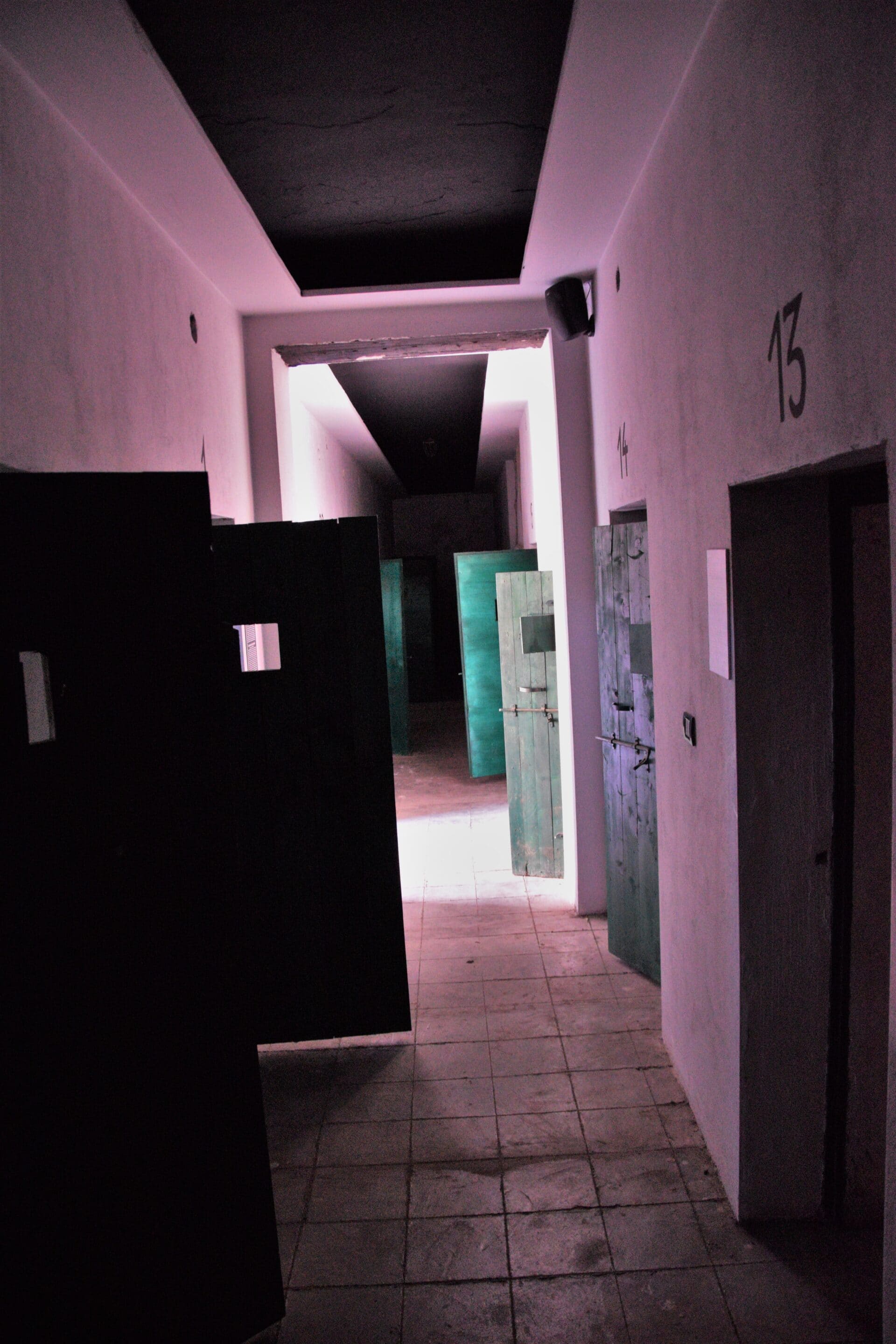
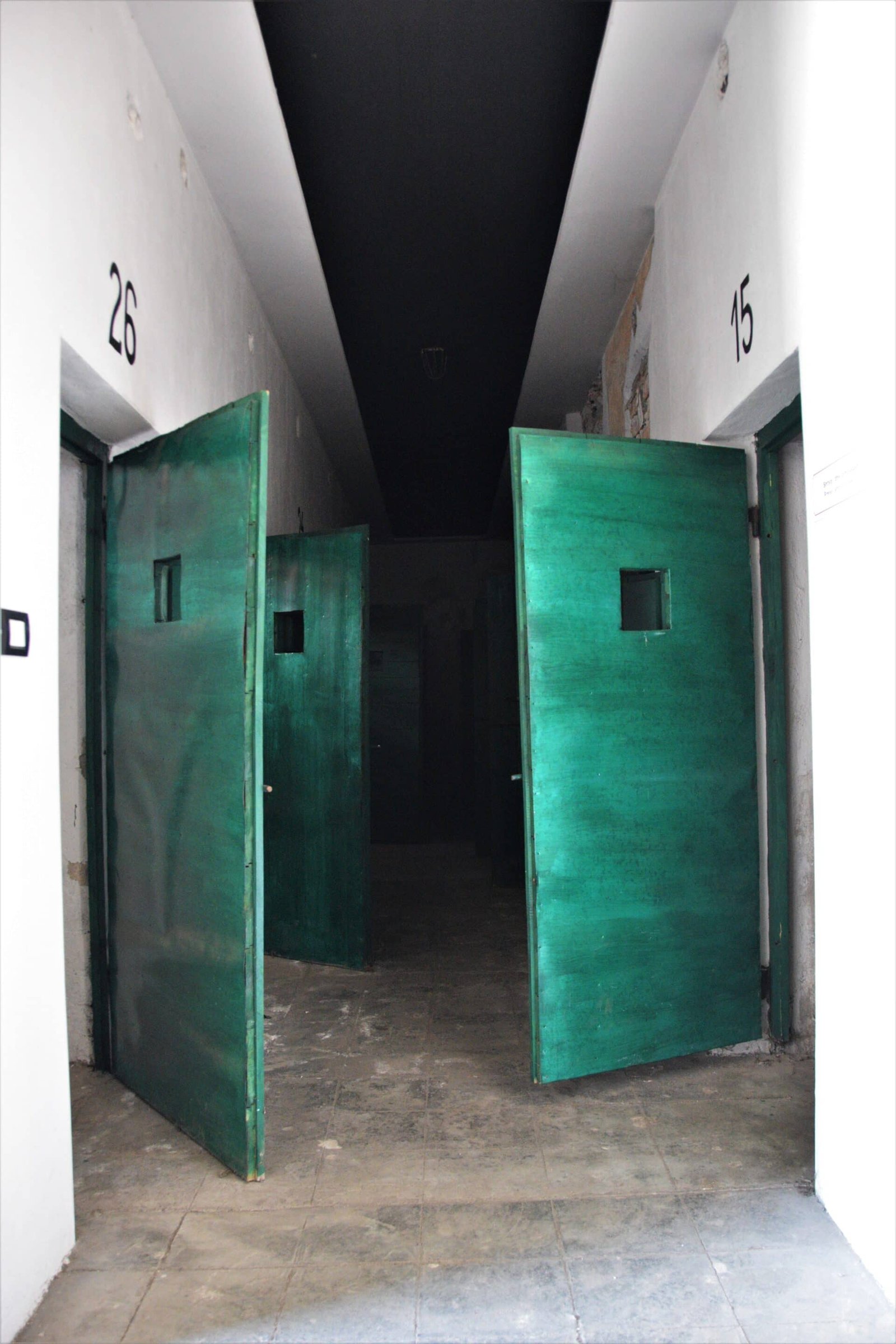
If you want read up on the country’s communist past, also check out the museum’s library even displaying books written by the prisoners themselves.
Prices | 200 Lek
Opening Hours | Monday-Friday 9:00-14:30 | Saturday 9:00-12:30